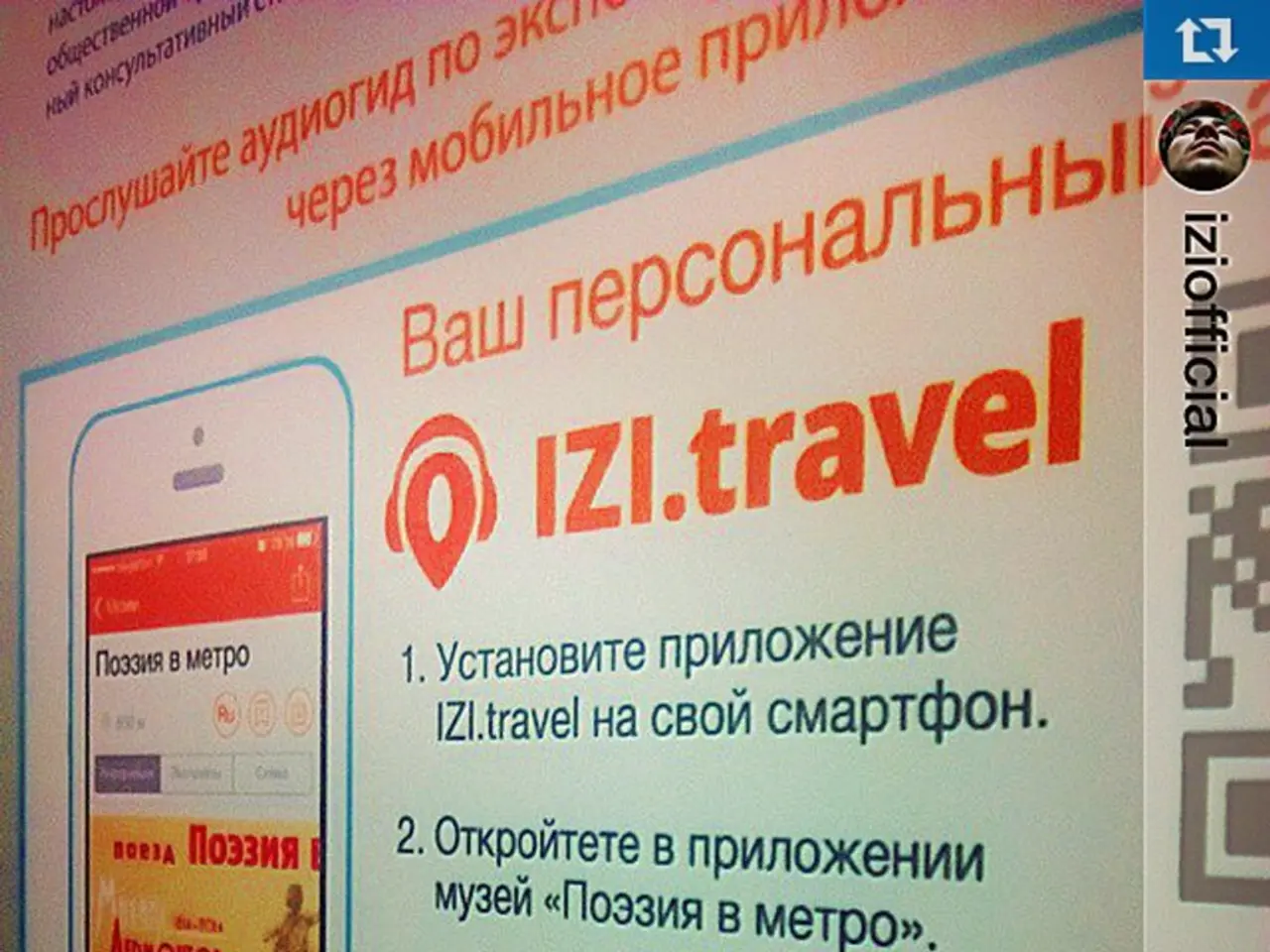Impending US Tariffs Threatened Following Billion-Dollar Google Penalty
The European Commission has imposed a landmark €2.95 billion fine on Google for breaching competition rules in its advertising business. The tech giant has been accused of favoring its own online advertising services over competing providers.
This decision comes as part of a broader effort to combat the spread of misinformation on platforms like X and to regulate tech companies, affecting companies such as Amazon, Apple, Meta (Facebook), Alphabet (Google), and Microsoft. The EU's actions against Google are sparking controversy and debate, with some arguing for stronger regulation of tech companies and others cautioning against protectionism.
The EU Commission's accusation is that Google recommended its own marketplace, AdX, to advertisers and providers of ad space, leading to higher costs that were ultimately passed on to consumers. Google counters that the fine is unjustified and that the required changes would harm thousands of European companies by making their business more difficult.
Google's business model, according to the EU, creates a conflict of interest because the tech giant places ads on its own websites and applications while also acting as an intermediary between advertisers and those who provide the online space for ads. Competitors linked to the EU Commission demanding a split of Google to resolve conflicts of interest include various unnamed rivals who have pushed for Google to share the immense data from its search engine and AI with competitors, aiming to enable true alternatives to Google's services.
The U.S. government has been demanding changes to the strict EU digital laws for some time. U.S. President Donald Trump has reacted harshly to the fine, threatening new tariffs against the EU. Trump wrote on his own online platform, "Truth Social," that he would initiate a process for new tariffs if U.S. companies continued to be fined. Trump also threatened an investigation under Article 301 of U.S. trade law, which allows tariffs as a response to unfair trade practices.
However, it's important to note that the EU and the U.S. government had recently agreed on a comprehensive trade agreement, with details still being clarified. The outcome of Google's appeal and any potential changes to its advertising business will be closely watched by competitors, regulators, and the tech industry as a whole.
Google states that providing services to advertising customers and sellers is not anti-competitive, and there are more alternatives to its services than ever before. The company maintains that the fine is an attempt to stifle innovation and competition in the digital market.
The future of Google's advertising business in Europe remains uncertain, with the EU Commission demanding that Google stop favoring itself and may require separating part of the advertising business to resolve the conflict of interest. This decision serves as a reminder of the increasing scrutiny tech companies are facing in the digital age and the need for regulation to ensure fair competition and consumer protection.







